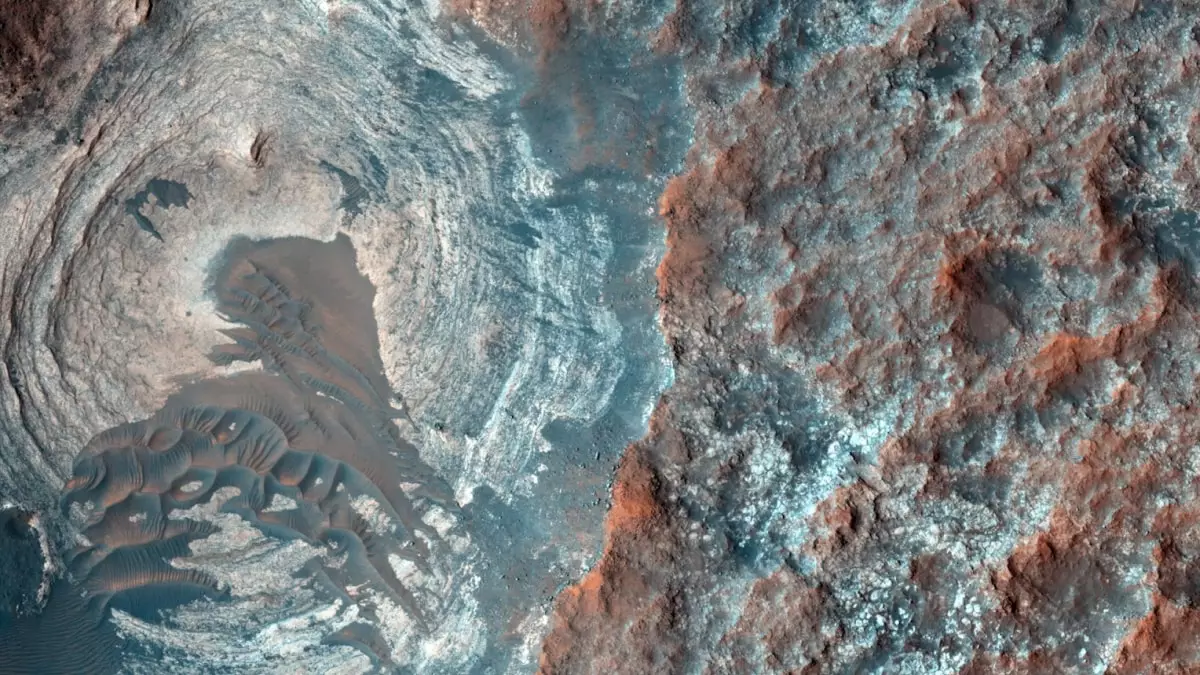Artificial intelligence (AI) is not just revolutionizing digital assistants and deepfake technology; it is also transforming the field of astronomy. Researchers at the Flatiron Institute’s Center for Computational Astrophysics (CCA) in New York City have successfully utilized AI to calculate the five cosmological parameters that define the universe’s structure and evolution. These parameters act as the ‘settings’ of the universe, governing its operations on the largest scales.
The use of AI has significantly enhanced the precision and efficiency of astronomical research. By analyzing data from over 100,000 galaxies observed through the Sloan Digital Sky Survey (SDSS), astronomers were able to extract valuable insights that were previously inaccessible with traditional analysis methods. This has enabled researchers to push the boundaries of what astronomical surveys can reveal, providing a more cost-effective approach to extracting knowledge from complex data.
To achieve these groundbreaking results, the research team trained the AI model on 2,000 simulated universes, each with different cosmological settings. Real-world challenges such as atmospheric distortion and imperfect telescope imaging were included in the training set to ensure the AI’s accuracy. Once trained, the AI was applied to actual data from the SDSS Baryon Oscillation Spectroscopic Survey, resulting in a substantial reduction in the uncertainty of measuring the universe’s ‘clumpiness’.
In addition to refining existing analysis methods, AI is also helping astronomers address major cosmic uncertainties. One such mystery is the Hubble tension, which arises from inconsistencies in estimates of the Hubble constant, a measure of the universe’s expansion rate. The enhanced precision offered by AI could play a significant role in resolving this tension and advancing our understanding of the universe.
As new astronomical surveys like the European Euclid survey come online, the AI-powered techniques developed by the CCA team will prove invaluable in extracting maximum value from these vast datasets. The ability to analyze and interpret large amounts of cosmic data efficiently represents a major advancement in our pursuit of comprehending the universe’s fundamental parameters.
The integration of artificial intelligence into astronomical research is paving the way for unprecedented discoveries and insights into the workings of the universe. By leveraging AI to overcome traditional limitations and challenges, astronomers are able to delve deeper into cosmic mysteries and push the boundaries of scientific exploration. The future of astronomy is undoubtedly intertwined with the advancements in AI technology, opening up new possibilities for understanding the cosmos.


Leave a Reply